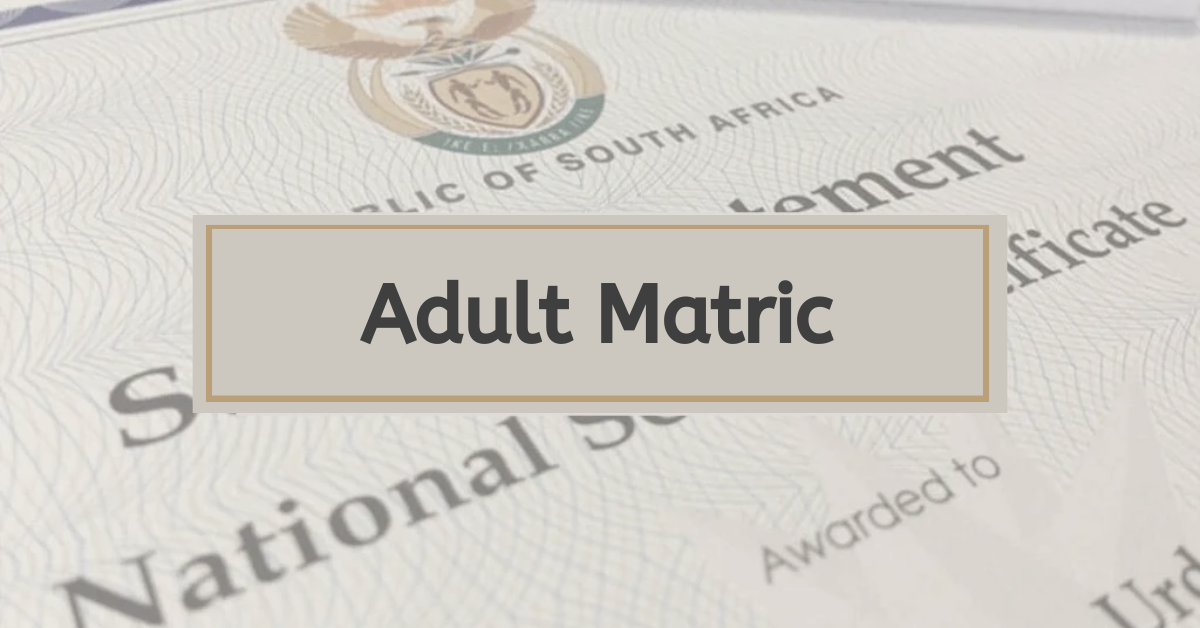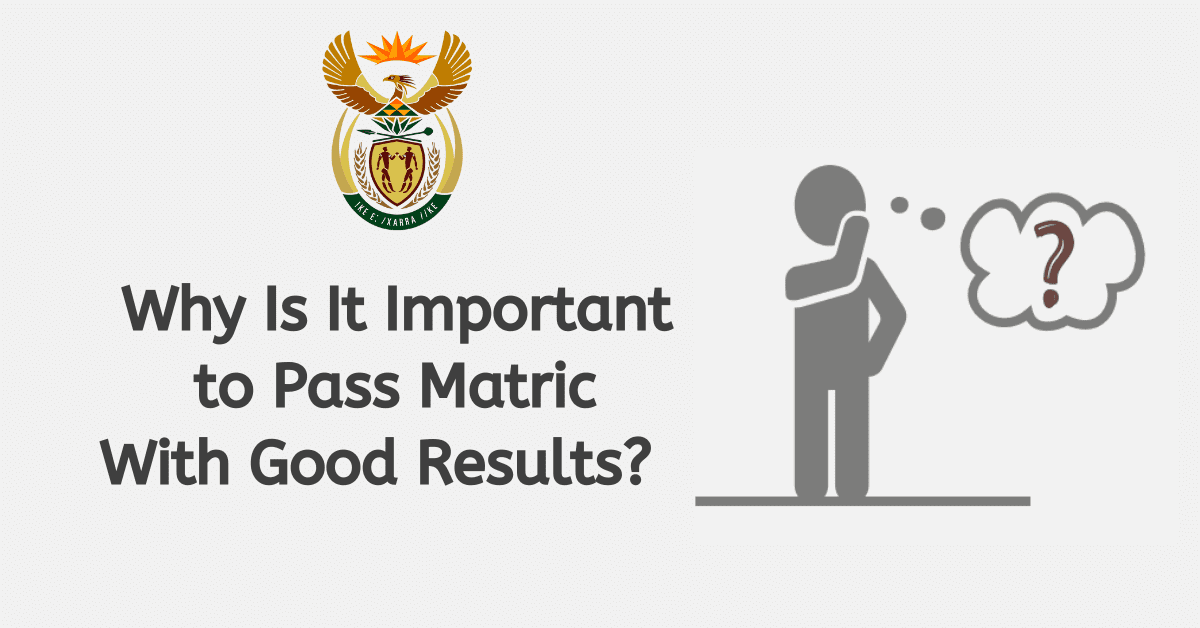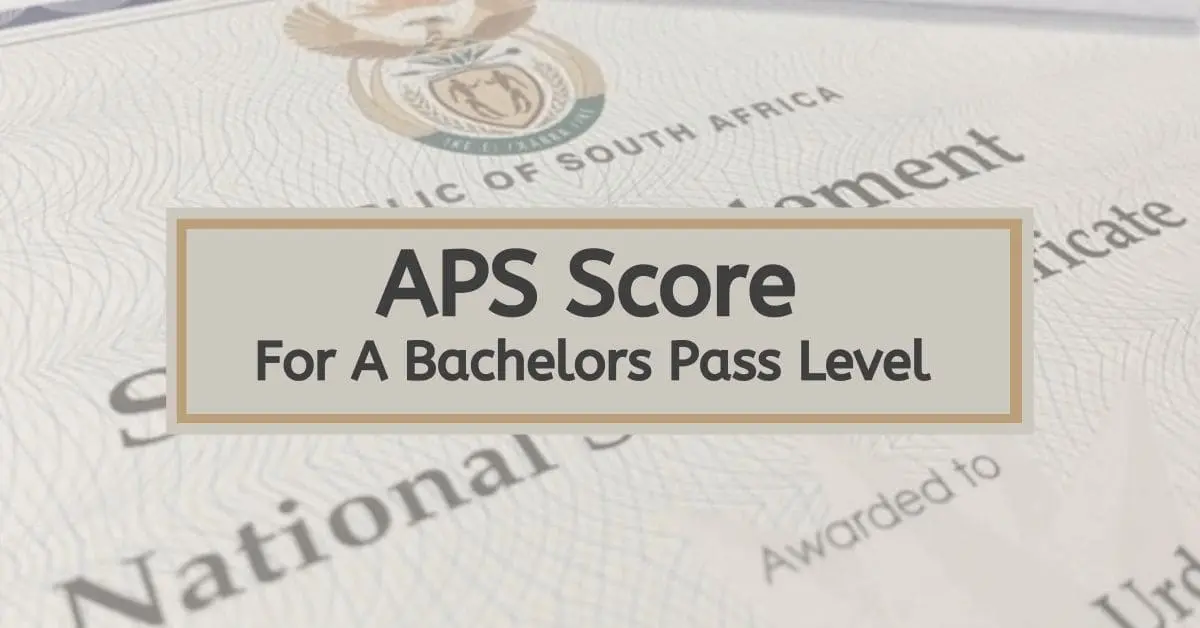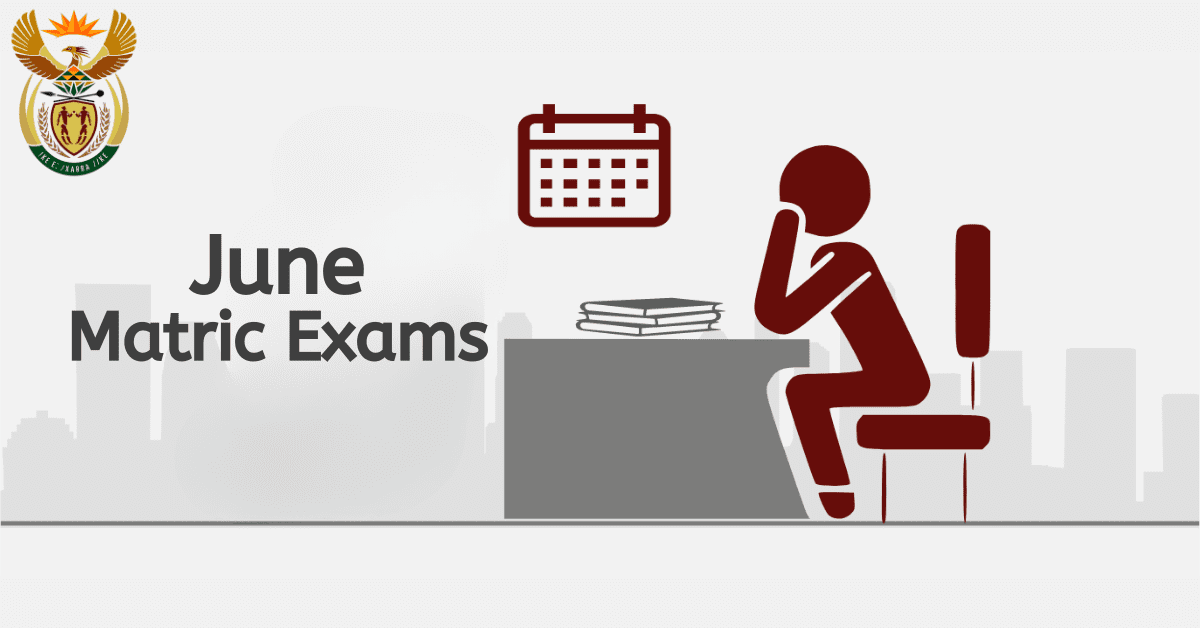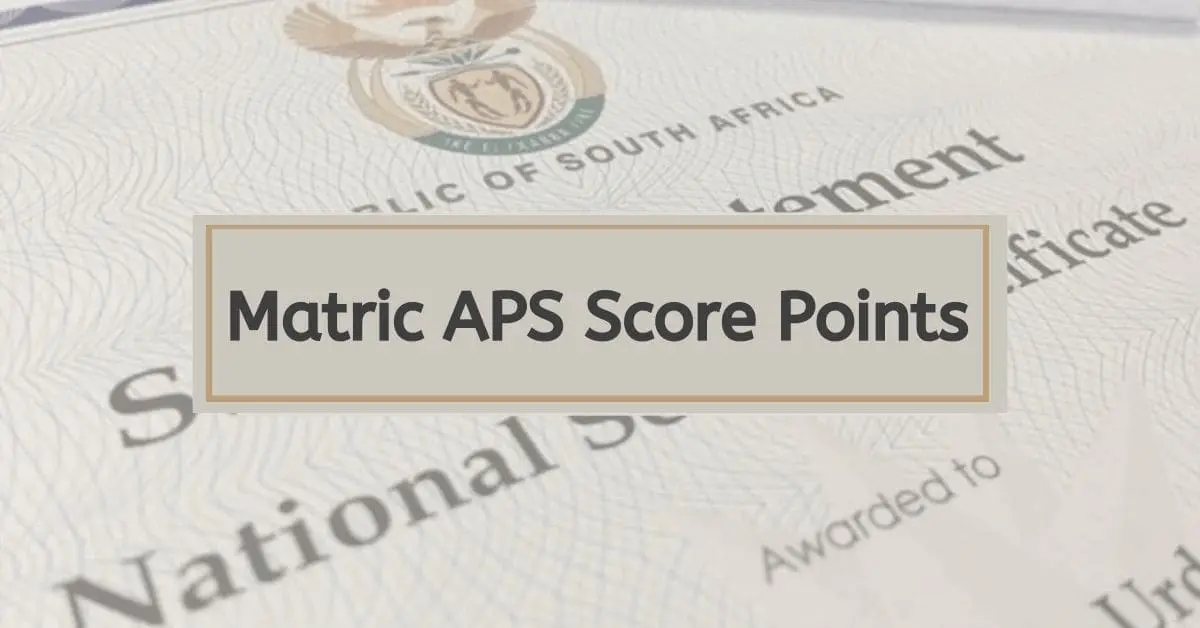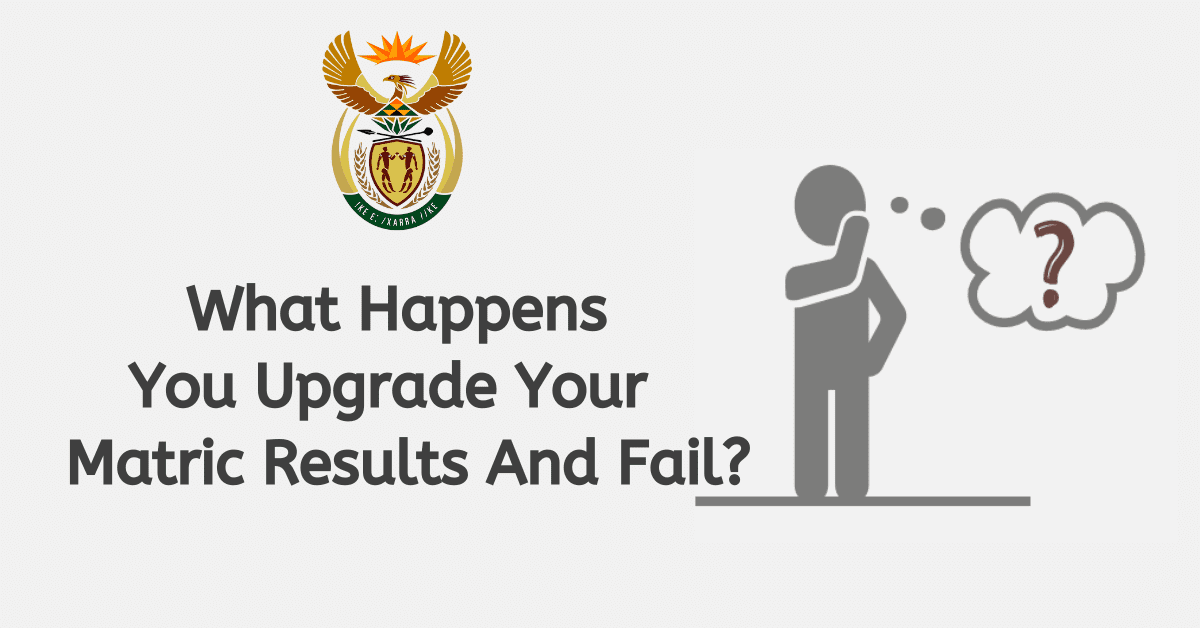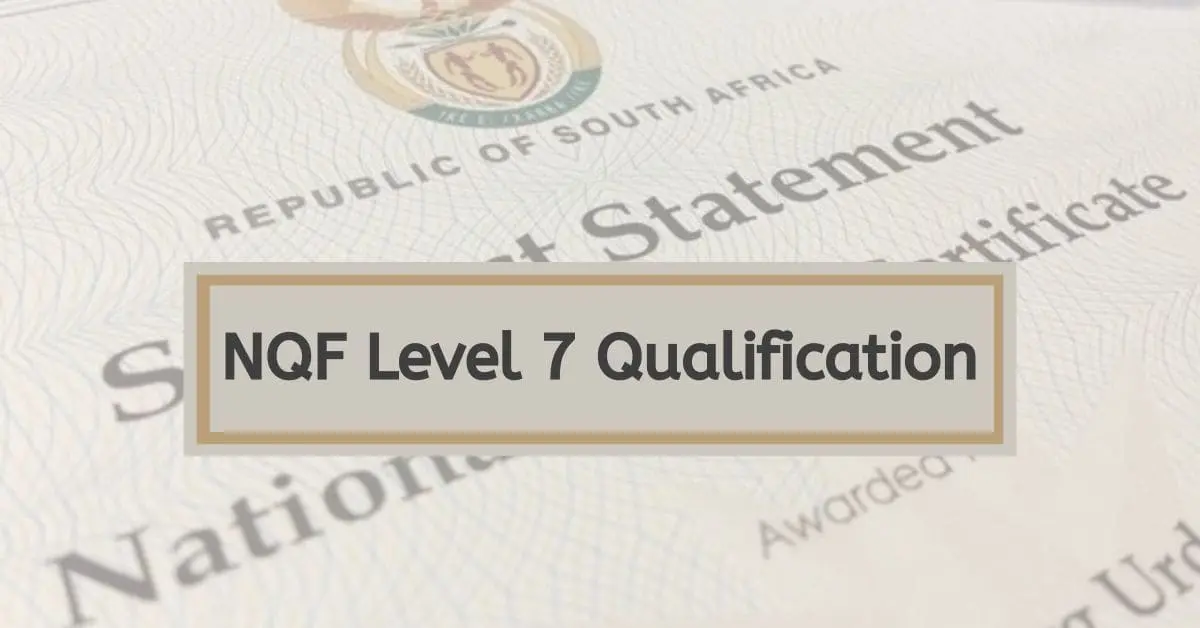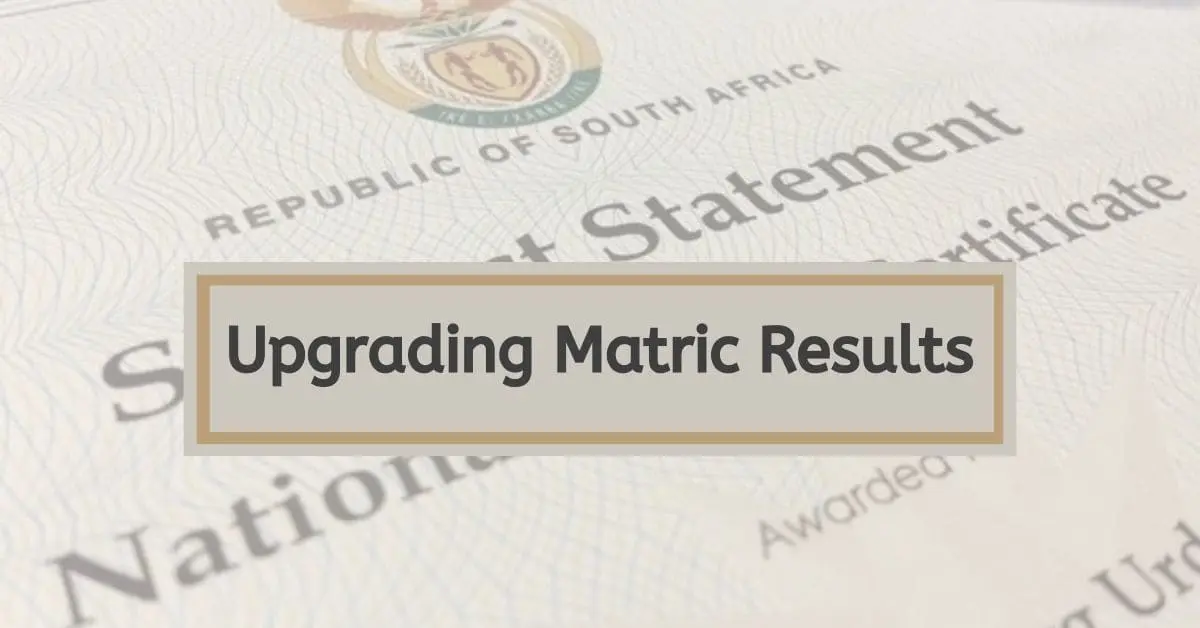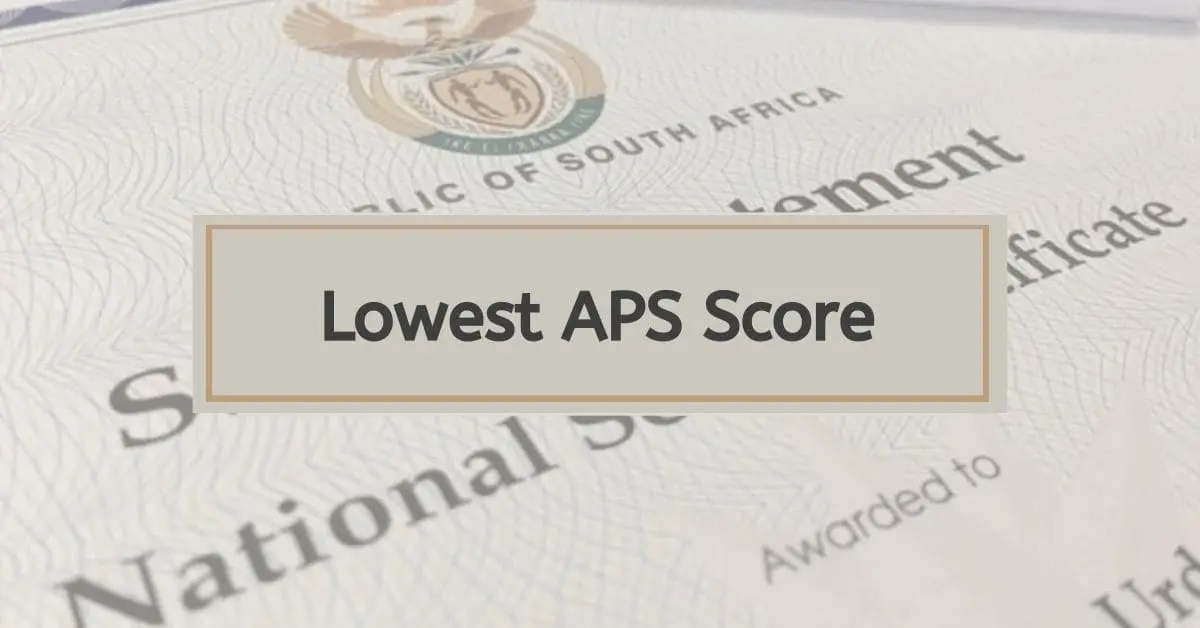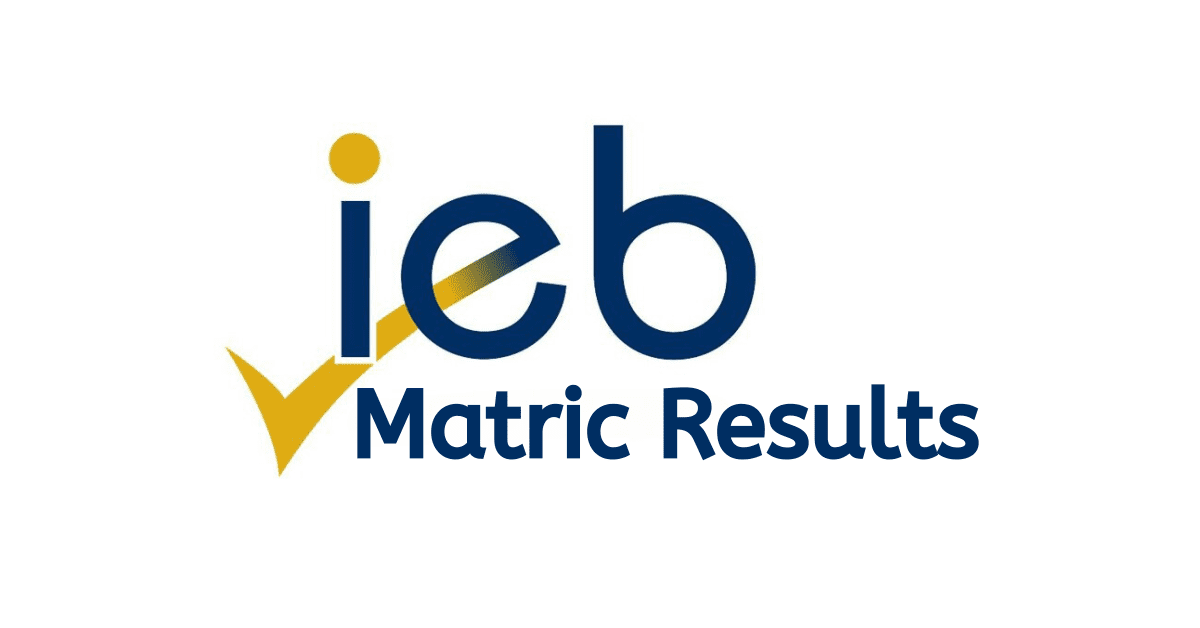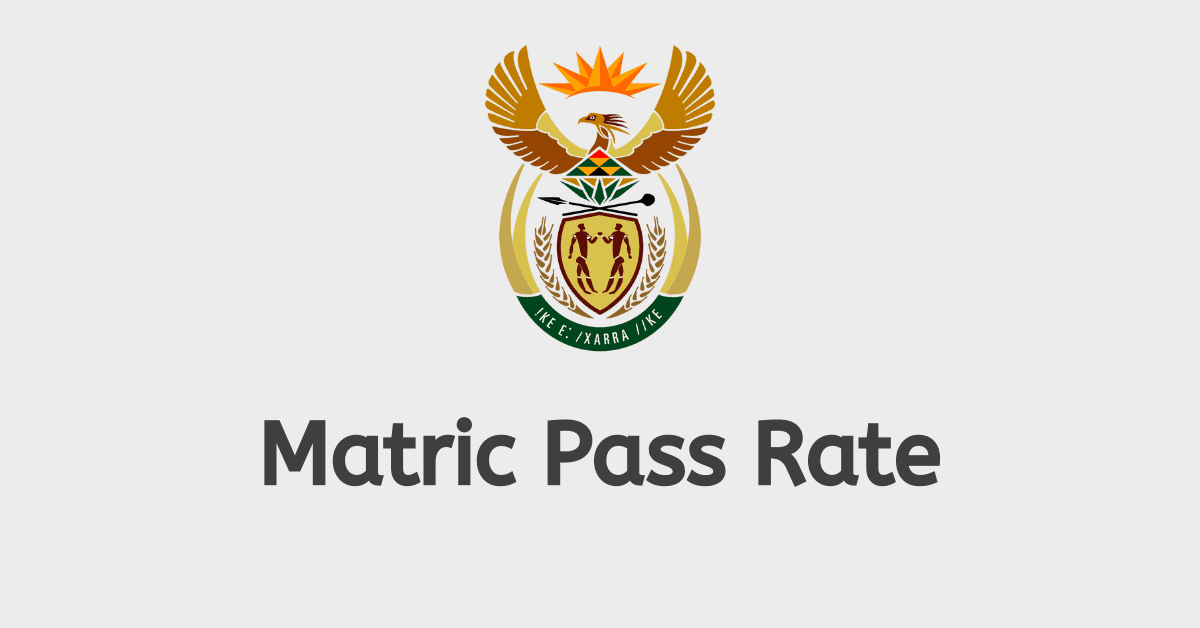When you write matric examinations, it is not always guaranteed that you will get the results you want. You may perform badly or fail, impacting your prospects of pursuing tertiary education. Fortunately, you can get a second chance to improve your results through a matric course. This will allow you to choose your dream career at any university. Read on to learn everything you need to know about upgrading matric
What Is Upgrading Matric Results?
Upgrading matric results is a process of rewriting your matric final exams to improve your results. This usually happens when you get low and unsatisfactory grades in your exams. With a matric upgrade, you can redo the subjects you’re not happy with to get better marks. Once you complete your upgrade, your old and new results are combined into one certificate. The certificate you get is like any other matric qualification, allowing you to choose your desired course at any university.
Matric upgrade is also known as adult matric since it is a preserve for people who are above 21 years. You can upgrade your matric via distance learning and choose any institution that offers the service.
What Happens if I Upgrade My Matric Results?
When you upgrade your matric, you get the opportunity to improve your results. This gives you more chances to pursue your academic career at any tertiary institution you desire. Upgrading your matric allows you to add new subjects to your certificate apart from rewriting the ones you failed. With better grades on your matric certificate, you can enjoy more prospects of getting lucrative courses.
Is Upgrading Matric a Good Idea?
Upgrading your matric is a good idea since this brings more opportunities for training in your desired profession and lucrative jobs. With good passes on your matric certificate, you can apply to any university you want in South Africa. Moreover, you can apply for a scholarship with good matric passes.
You can also apply for a particular professional course to earn money while learning. Other jobs require prospective candidates to have matric, which will be an added advantage if you upgrade your matric results.
What Is the Difference Between Matric Rewritin and Upgrade?
Many people often confuse matric rewrite and matric upgrade, but these are two different things. Although they are designed to improve your matric results, they differ in various ways. Check out the key differences between rewrite and upgrade below.
Matric rewrite
Matric rewrite is also known as supplementary examination, where students are allowed to rewrite the subjects they could not complete or failed during their first sitting. You should meet the following requirements to be eligible to sit for supplementary exams.
- You have recently completed your matric, and you’re below 21 years.
- You can only rewrite the subjects which you failed in your previous examinations (No limit on the number of subjects you can write).
- You’ll study on your own by procuring the study material you want.
- You can prove that you were ill or injured on the day the exam was written or that you were affected by the death of a loved one.
Matric Upgrade
If you intend to improve your current matric results, you can consider a matric upgrade. It allows you to rewrite all the subjects with poor grades, or you can choose up to six new subjects. You should meet the following requirements to qualify for a matric upgrade.
- You have written matric before, and you’re above 21 years.
- You can get new subjects and write as many as you wish.
- You can consider distance learning, where you get guidance from tutors.
If you fail your matric for the first time, you can always get a second chance in the form of a rewrite or upgrade, depending on your circumstances. When you upgrade your matric, you’ll get a certificate with combined results.
What Is the Difference Between Supplementary and Upgrading?
When you upgrade your matric, you want to improve your grades in subjects where you’re not satisfied. On the other hand, supplementary exams are written by students who have failed specific subjects in their previous exams. Supplementary exams aim to help students attain their matric so they can pursue their studies at university. The Department of Basic Education (DBE) designs the exams, which are written after the release of the main matric results.
Students who meet the following requirements qualify to sit for supplementary exams.
- You failed your matric.
- You could not write the first exam due to circumstances beyond your control.
- You are below 21 years
- You want to improve your pass to get a place at the university.
Universities in South Africa consider good marks from all prospective students. Therefore, if you pass with low marks, you can improve your matric results via supplementary exams.
What Is the Disadvantage of Upgrading Matric?
The advantages of upgrading matric outweigh the disadvantages in many ways. However, you should know some of the downsides of undertaking a matric upgrade. Depending on the subjects you want to upgrade, the whole exercise can be costly. The institutions that offer matric rewrites have different requirements and fees. Therefore, you can end up spending more money than expected. It is a good idea to do your research first to see if a matric upgrade is a good fit for you.
Another disadvantage of matric upgrades is that you need to wait until you reach 21 years. The wait might not be worth it since you can pursue other better professional courses instead of only focusing on a university education. You need to make an informed decision before choosing this option.
How Much Does a Matric Upgrade Cost?
Registering for a matric upgrade with the Department of Education is free. However, you will be required to pay fees to cover tuition and study materials at your chosen institution. Upon completing your matric upgrade, you can combine your old and new matric certificates into one, which costs about R140.
When you’re unhappy with your matric results, you can improve them by undertaking a matric upgrade course. Additionally, students who fail their matric exams can consider supplementary exams or matric rewrites. To be eligible for a matric rewrite or upgrade, you should meet certain requirements.

